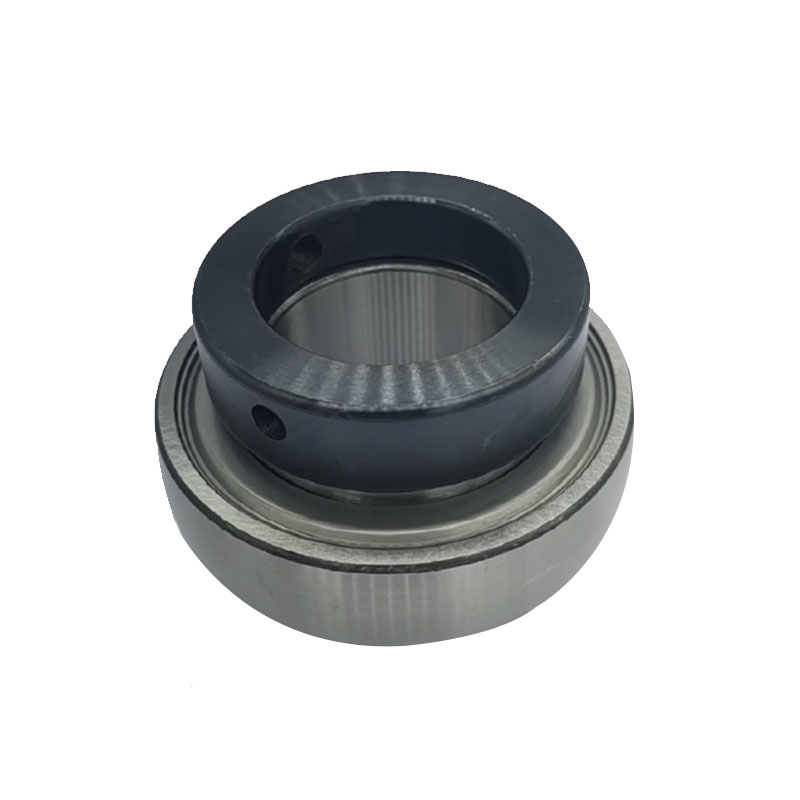Dec . 04, 2024 09:19 Back to list
Understanding the Importance of Custom Brushless Motor Bearings in Modern Applications
Understanding Custom Brushless Motor Bearings
Brushless motors are pivotal components in a variety of modern applications, from electric vehicles to drones, robotics, and even household appliances. One critical aspect of these motors that often goes overlooked is the bearing design. Custom brushless motor bearings play a significant role in enhancing performance, durability, and efficiency. In this article, we will explore the importance of custom bearings, the types available, and the considerations for selecting the right one for your brushless motor application.
Importance of Bearings in Brushless Motors
Bearings are essential in reducing friction between moving parts, supporting loads, and ensuring smooth rotational motion. In brushless motors, which rely on electromagnetic interactions to operate, the bearings must withstand not only mechanical stresses but also thermal and environmental factors. Custom bearings are designed to cater specifically to the needs of particular motor designs and applications, which can significantly affect the motor's overall performance.
Standard bearings may not always meet the unique requirements of specific brushless motor applications. Custom bearings can be tailored to fit particular sizes, load capacities, and speed ranges, thus optimizing the motor's efficiency and extending its operational lifespan.
Types of Custom Bearings
1. Ball Bearings These are the most common types used in brushless motors. They provide excellent radial and axial load resistance and are available in various sizes and materials. Custom ball bearings can be designed to handle higher speeds and lower friction.
2. Roller Bearings While less common than ball bearings in brushless motors, roller bearings can be engineered for high load capacity applications. They provide better stability under heavy loads and can be customized for specific radial and axial tolerances.
3. Magnetic Bearings Offering a contact-less operation, magnetic bearings can eliminate wear and tear, making them ideal for high-speed applications. They utilize magnetic fields to support the rotor, which can be a game-changer in advanced brushless motor designs.
4. Fluid Bearings These bearings utilize a thin layer of fluid to support the moving parts, providing low friction and noise levels. They are particularly useful in applications where minimal maintenance is essential, as they can be designed to be self-lubricating.
custom brushless motor bearing

Considerations for Choosing Custom Bearings
When selecting custom bearings for brushless motors, several factors should be considered
1. Load Capacity Assess the load requirements of your application. Custom bearings can be designed to accommodate specific load ratings, ensuring that they can handle the forces without failure.
2. Speed and Rotation Consider the operational speed of the motor. High-speed applications may benefit from bearings specifically designed to reduce friction and heat generation.
3. Environmental Factors The operating environment can significantly affect bearing performance. Custom bearings can be manufactured with materials and coatings to resist corrosion, dirt, and other contaminants.
4. Size and Fit Ensure the bearings perfectly fit the motor’s design specifications. Custom sizes can be produced to guarantee an optimal fit, thereby enhancing overall performance.
5. Material Selection Different materials will influence the bearing’s performance, durability, and thermal conductivity. Depending on the application, custom bearings can be designed using materials like stainless steel, ceramic, or polymer.
6. Lubrication The choice of lubrication is crucial for maintenance and longevity. Custom bearings can be configured with specific lubricants or designed to be low-maintenance.
Final Thoughts
Custom brushless motor bearings are essential for achieving high performance and reliability in various applications. By focusing on specific needs, such as load capacities, speeds, and environmental conditions, manufacturers can design tailored solutions that enhance the overall efficiency and lifespan of brushless motors. As technology advances and the demand for more efficient and durable motor systems grows, the importance of custom bearings will continue to rise. When designing or selecting brushless motors, investing in custom bearings can provide a competitive edge in performance and longevity.
Latest news
-
25MM 2 BOLT UCFLX05-14 Flange bearing unit( oval)
NewsMar.07,2025
-
4 bolt UCF 200 series Pillow block bearings
NewsMar.07,2025
-
25MM 2 BOLT UCFLX05-14 Flange bearing unit( oval)
NewsMar.07,2025
-
UCF216-50 4-Bolt Flange Housing Square Bearing
NewsMar.07,2025
-
25MM 2 BOLT UCFLX05-14 Flange bearing unit( oval)
NewsMar.07,2025
-
spherical roller bearing material exporter
NewsMar.07,2025





